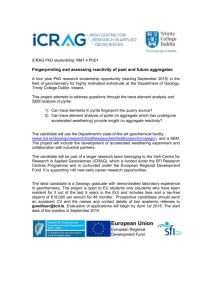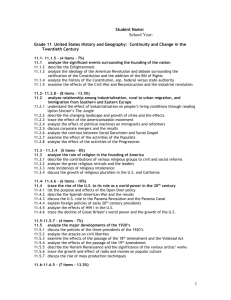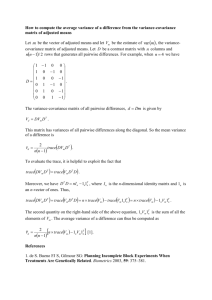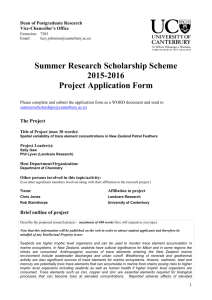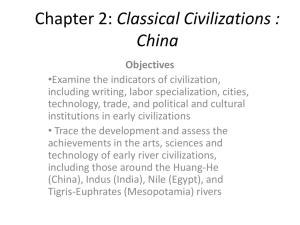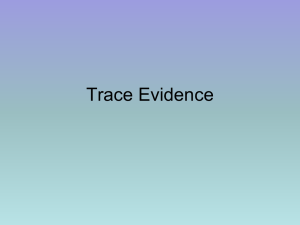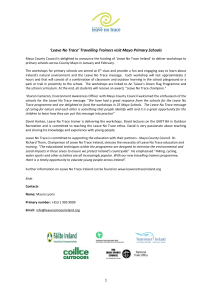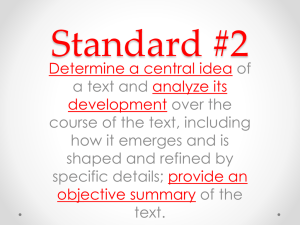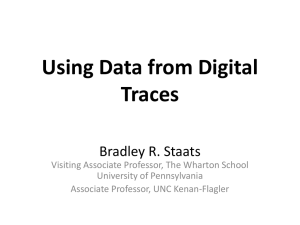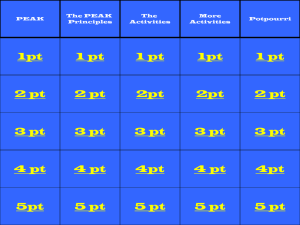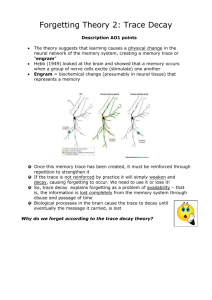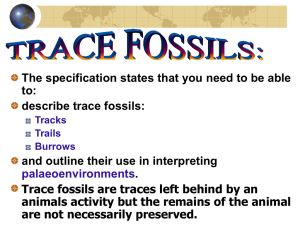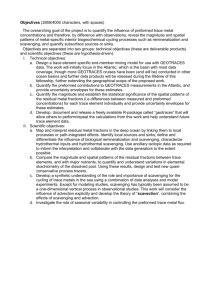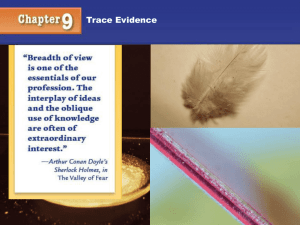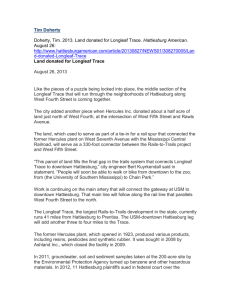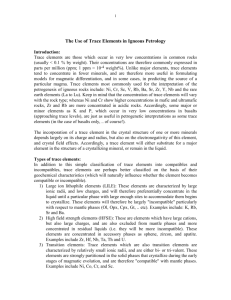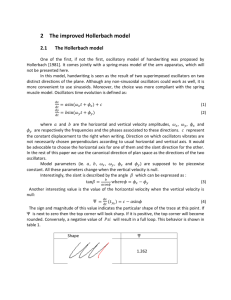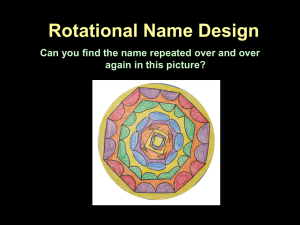Geomedicine
advertisement
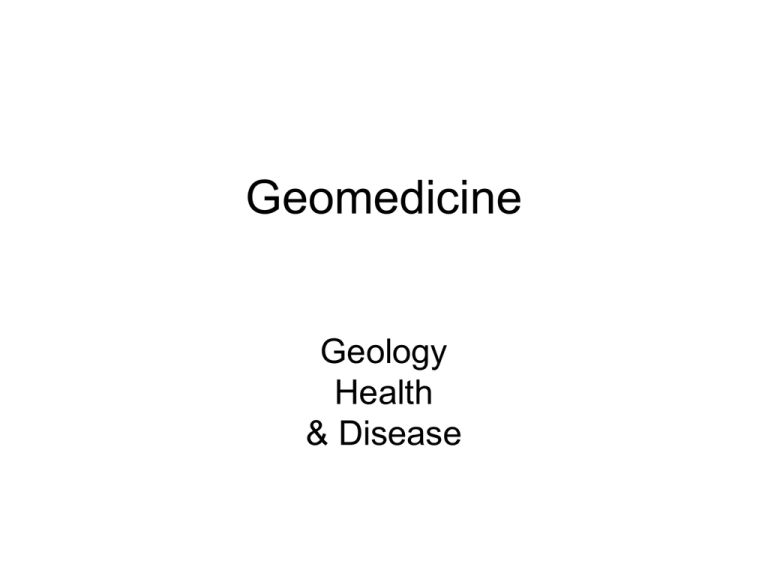
Geomedicine Geology Health & Disease Countries with Universal Health Care Objectives • Understand the basic principles of geomedicine • Understand the connections between trace elements, geology, and health • Understand cases in which connections are less clear • Understand further complicating factors Trace Elements Definition: A chemical element required in minute quantities by an organism to maintain proper physical functioning. Earth’s crust is composed of only a few major elements; so, too, are organisms. More than 99% of the human body is made of six elements. Principal Chemical Constituents of the Human Body* Element Percentage of Body Weight Oxygen 61 Carbon 23 Hydrogen 10 Nitrogen 2.6 Calcium 1.4 Phosphorus 1.1 Total 99.1 • ~85% of the human brain is water • ~70% of babies are water • ~60% of adult men are water • ~55% of adult women are water Source: R.M. Parr, .Trace Elements in Human Milk,. International Atomic Energy Agency Bulletin 25, 2 (1983): 8. *All other elements.led by sulfur, potassium, sodium, and chlorine.make up the other 0.9 percent of the body. Essential Trace Elements Dose-Response Curves • positive or negative effects of a trace element are plotted as a function of dosage Dose-Reponse (cont.) • Some elements have no effect in low concentrations, but can be toxic or fatal at high concentrations (i.e. lead, mercury) • Other elements may be needed to avoid deficiency, but benefits only increase up to a point (i.e. calcium – hard to OD on!) • Perhaps the most common scenario is when small amounts of an element are necessary for optimal health, but large amounts are toxic or fatal (i.e. copper, molybdenum) Geology, Trace Elements & Health • The ultimate source of the body’s trace elements is the earth – rocks & minerals • Concentrations vary by rock type and rock location • Concentrations are modified by natural processes as well as deliberate and accidental human activities Trace Element Pathways to the Human Body Iodine • Necessary for proper functioning of the thyroid glad • All cells in the body need iodine for proper functioning • All glands (thyroid, adrenal, etc.) especially need iodine for the production of hormones • Lack of iodine leads to goiter Fluorine • Makes apatite (mineral in teeth) harder • Added to many municipal water supplies Without Fluorine With Fluorine Zinc • Heavy metal • A critical trace element nutrient • Without zinc dwarfism, dermatitis, loss of taste sensitivity, delay in the rate of wounds healing Dermatitis Selenium • Rare metal • Lack of selenium causes abnormalities in many plants and animals • In humans cancers, malformation of nails and hair, depression, nervousness Radon • Odorless • Invisible • 2nd leading cause of lung cancer in U.S. • Radon test kits cost as low as $8.99 Cases in Which Connections Are Less Clear • Radioactivity and Tobacco • Regional Variations in Heart Disease • Cardiovascular Disease in Georgia • Other intriguing patterns Regional Rates of Heart Disease in Europe Further Complicating Factors • Cause and Effect or Coincidence? • Trace Element Interactions • Distinguishing Risk From Risk Perceptions • Impacts of Human Activities Summary • Geology bears on Human Health • Geology bears on health of animals and plants • Many effects are independent of human activities • Geographic variation is often how some diseases are recognized • Better understanding of the medical importance of naturally occurring trace elements could lead to the elimination of many instances of regionally chronic diseases
